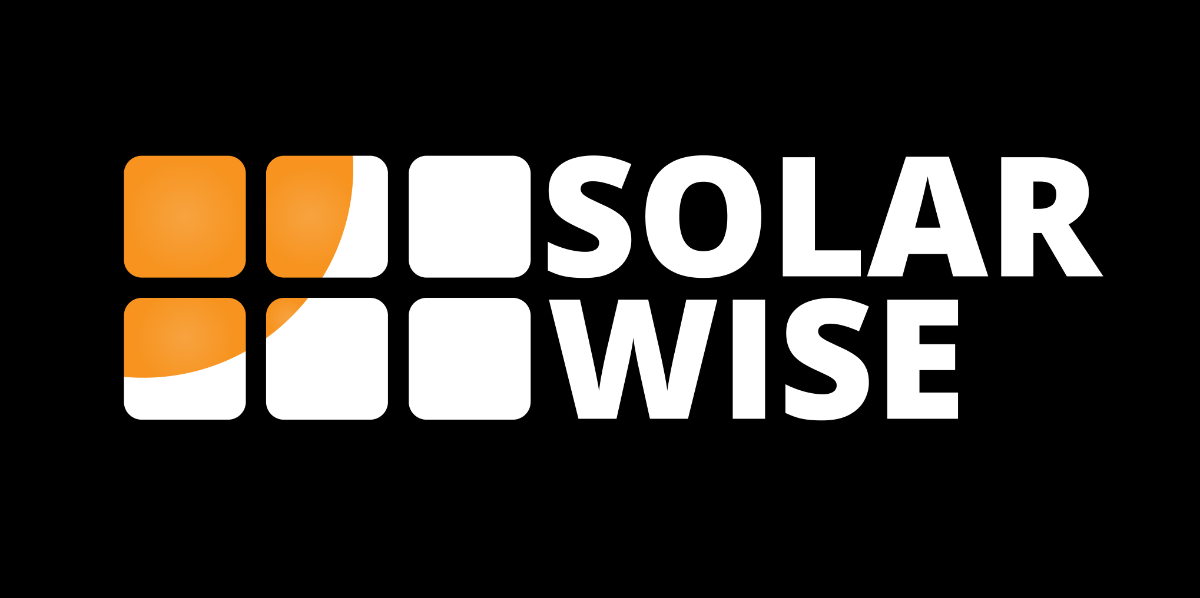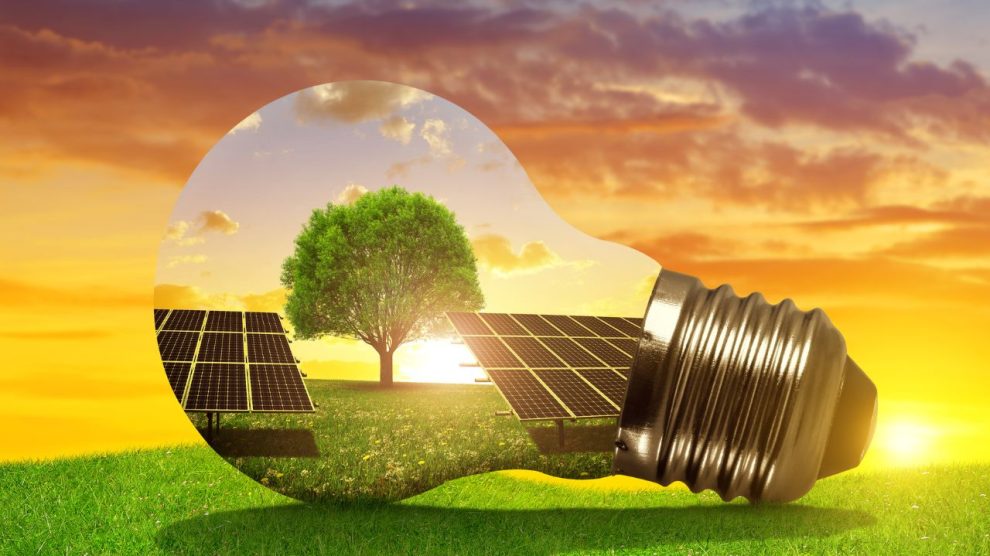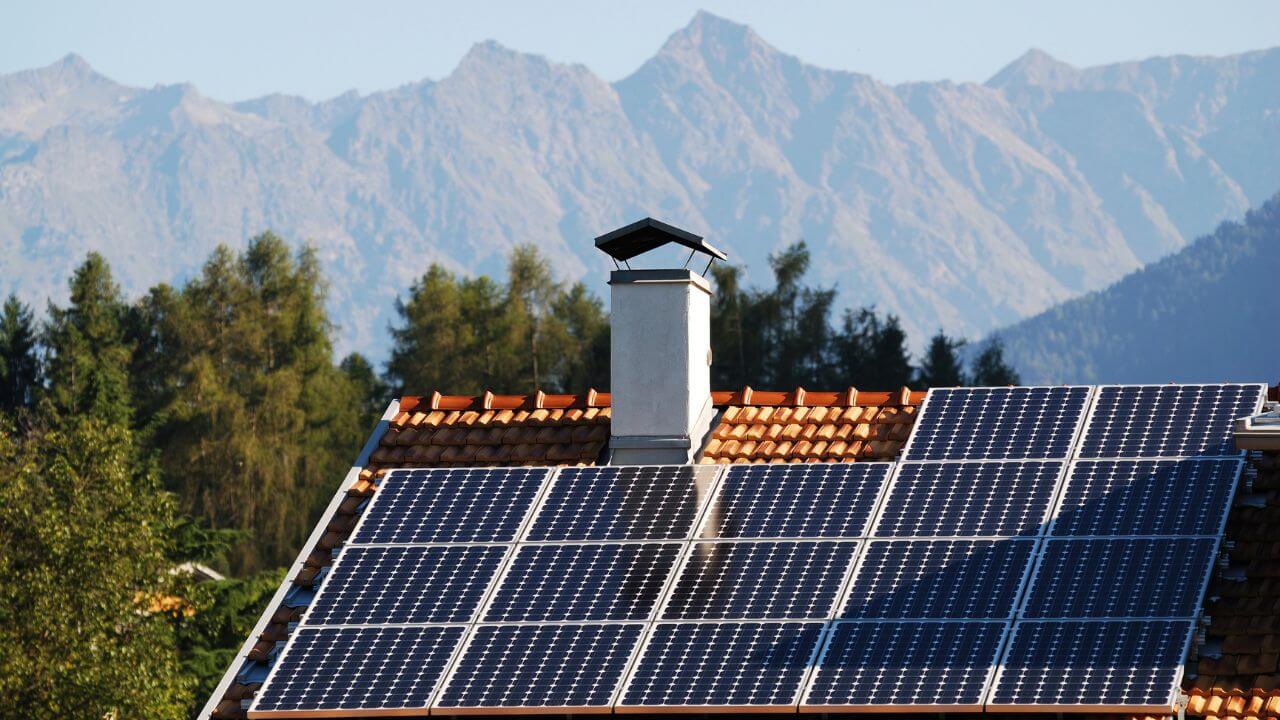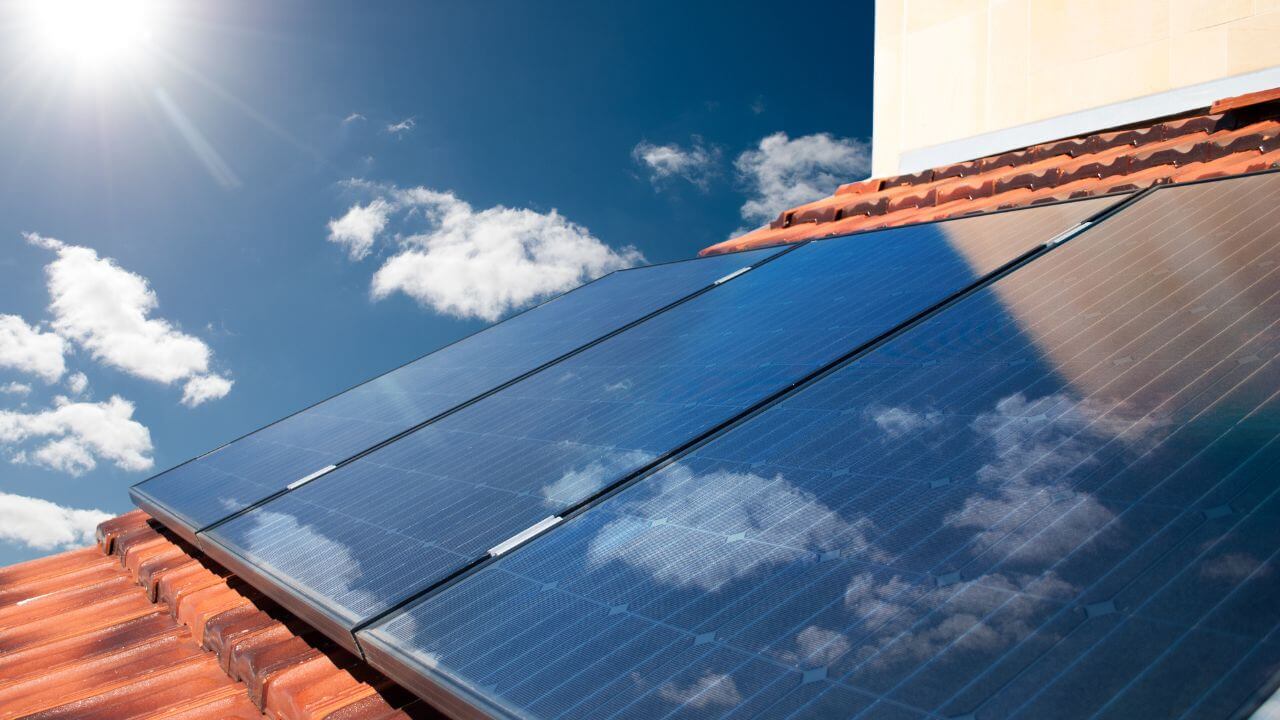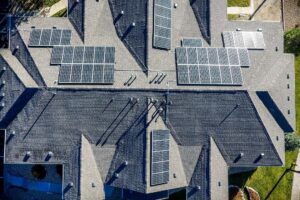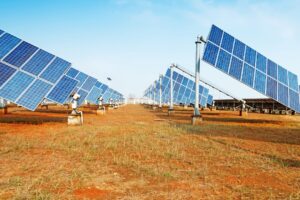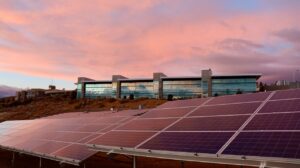As the morning sun gracefully unveils itself, washing our planet with life-sustaining light, it heralds the beginning of a new day and brings to the fore an abundant, untapped source of clean and renewable energy. Despite the sun’s apparent generosity, it seems that numerous misconceptions and myths often cloud the pathway to embracing solar energy. These myths sometimes stand as towering barriers, preventing many from truly understanding the potential that lies in harnessing solar power.
In this bright and enlightening journey, we are about to embark on, we will navigate through the common misinformation surrounding solar energy. As we unveil the truth behind the top 7 myths that have been casting shadows on the solar industry, we aim to illuminate the facts that make solar energy not only a viable but also an advantageous option for a greener and more sustainable future.
Whether you are a homeowner pondering the switch to a sun-powered system or a curious individual hungry for substantial information, this guide will serve as your beacon, lighting up the realities about solar energy that are often overshadowed by hearsay and misinformation.
1. Myth: Cloudy weather makes home solar system ineffective
It’s a widespread misconception that solar panels are futile during cloudy weather. Nevertheless, this is not true. This myth stems from the incorrect belief that solar panels only work in direct sunlight. In reality, solar panels can utilize diffused light, enabling them to produce electricity even when the sky is overcast.
Although their efficiency might dip during cloudy weather, solar panels can still accumulate significant energy. Germany stands as a testament to this, leading the world in solar energy production despite being known for its often cloudy weather. In areas with consistent cloud coverage, solar panels can still attain up to 40% of their optimal energy output, dependent on the thickness of the cloud layer.
Despite the predominance of cloudy weather, solar panels remain a dependable and effective energy source. The recognition of this reality should encourage more people to adopt solar energy.
2. Myth: Solar power systems don’t work at night
While it’s true that solar panels cannot create electricity at night due to their reliance on sunlight, solar power systems are not left incapacitated post-sundown. Integrating energy storage devices like batteries makes this continuous power supply possible. Solar panels often generate more electricity during daylight hours than a home requires. This surplus energy is stored in batteries, ready to be tapped into during nighttime or on days when the sky is overcast.
Thanks to energy storage solutions, residents can rely on a steady flow of electricity from their solar setups around the clock. The battery storage capacity and the solar panel system can be customized to align with the specific energy needs of different homes, facilitating a smooth transition from conventional power sources to sustainable solar energy. To conclude, this technology’s dependable and flexible nature positions solar power as an ideal and realistic choice for homeowners seeking a sustainable energy solution.
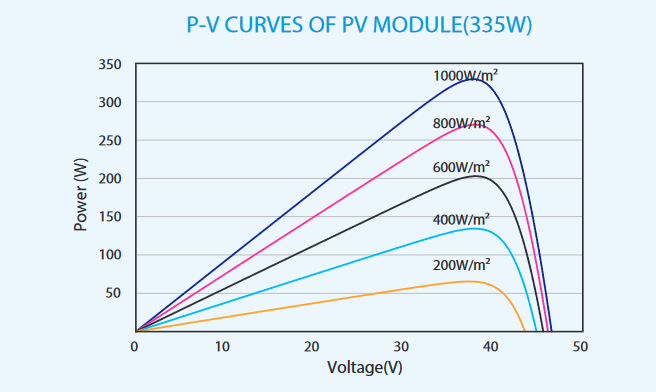
Credit: cleanenergyreviews.info
3. Myth: It’s too expensive for homeowners to use solar energy
The belief that solar energy remains unaffordable for the majority of homeowners is now a thing of the past. In the previous decade, the prices associated with solar panel procurement and installation have substantially reduced, making it attainable for homeowners across diverse economic backgrounds. Moreover, recognizing the potential of renewable energy, governments globally have initiated various incentives, tax credits, and rebates to alleviate the initial financial burden tied to the installation of solar systems. Homeowners now have access to several financial plans, including solar loans and lease programs, allowing them to distribute the investment cost over an extended period. Due to reduced initial expenses coupled with the prospect of long-term savings on energy bills, solar energy is progressively emerging as an economical and appealing option for households keen on adopting clean energy solutions.
4. Myth: It is necessary to maintain solar panels constantly
Solar panels are the ideal choice for homeowners seeking an energy solution with minimal maintenance requirements! Contrary to the prevalent myth, solar panels are engineered to endure and do not necessitate constant upkeep. Routine cleaning and sporadic inspections are sufficient to maintain their functionality for many years. Moreover, given the absence of moving components, the wear and tear commonly associated with other energy systems are virtually nonexistent with solar panels.
Ensuring the panels remain free of accumulated dirt, dust, and other detritus is vital to maintaining optimum performance. This generally entails cleaning sessions either annually or biennially, contingent upon the specific environmental conditions of your area. Furthermore, having a solar professional inspect the panels yearly can preempt the development of major issues, ensuring a consistent and efficient energy output. In essence, solar panels offer a durable and low-maintenance avenue to harness clean energy, affirming their suitability for modern households.
5. Myth: Solar energy systems can’t power an entire home
There’s a misconception that solar energy systems cannot supply sufficient power to run an entire household. However, by strategically designing and customizing solar energy systems to match individual household energy needs, solar experts can equip homes with the ability to meet all their electricity demands. Factors such as geographical location, dimension, and roof orientation are carefully considered to ensure optimal sunlight absorption. Moreover, homeowners can further enhance energy sufficiency by adopting energy-efficient appliances and improving home insulation. Consequently, adopting intelligent energy conservation measures along with a proficiently configured solar energy system can facilitate a steadfast and environmentally friendly electricity source capable of sustaining everyday domestic needs.
6. Myth: Solar panels could damage your roof
A prevailing myth about solar energy is the potential harm solar panel installations may cause to roofing structures. Contrarily, when expertly installed, high-quality solar panels can protect the roof while causing minimal interference with its construction. Professional installers prioritize maintaining the roof’s existing weather-resistant features and longevity, employing materials that do not exacerbate the roof’s vulnerability to wear and tear.
Moreover, several energy companies might propose supplementary protective measures, such as offering coatings resistant to rust or films that shield against UV rays, thereby enhancing roof lifespan post-installation. Furthermore, the weight added by the solar panel system is minimal, at less than 2.8 pounds per square foot, ensuring that the roof can bear the setup without being subjected to undue stress.
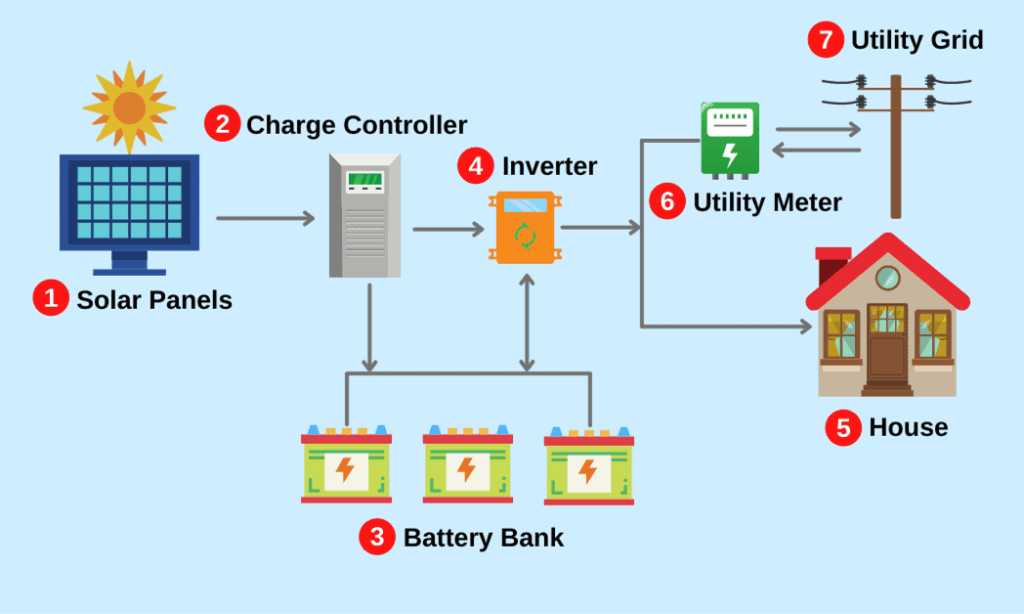
Credit: literoflightusa.org
7. Myth: Solar panels are not efficient enough to be worth the investment
Contrary to the circulating myth suggesting solar panels are ineffective in terms of energy efficiency, recent technological advancements paint a different picture. Nowadays, solar panels exhibit enhanced efficiency and are more affordable to manufacture. This translates to an expedited period before homeowners can observe notable savings on their electricity bills, especially when compared to traditional fossil fuel reliance. Additionally, these savings continue to accumulate over time, representing a significant long-term benefit of adopting solar energy.
In addition, many governments offer incentives such as tax credits or interesting financing options that make investing in solar energy a more attractive option than ever before. Besides being eco-friendly, these subsidies may mean you save even more money on your utility bills over time compared to other energy generation forms.
When investigating whether or not a full or partial switch to solar can make sense for your home or business, researching all your options is necessary to maximize return on investment value. With increased efficiency, reduced installation costs, and additional incentives, now could be the perfect time to explore this latest clean energy technological advancement!
Conclusion: Debunking Solar Myths
Solar energy has come a long way, shining as a hope for a sustainable future. Yet, misconceptions remain. From concerns about efficiency to the belief that solar panels don’t work on cloudy days, these myths can cloud our understanding. As technology advances, solar energy’s initial drawbacks have been overcome. Solar energy is efficient, cost-effective, versatile, and environmentally friendly. As we’ve uncovered in the “Top 7 Myths About Solar Energy,” it’s essential to differentiate between fact and fiction. Doing so empowers us to make informed decisions about our energy choices. So, let’s embrace the sun’s potential and not let myths stand in our way. After all, our bright future might just be powered by solar rays!
